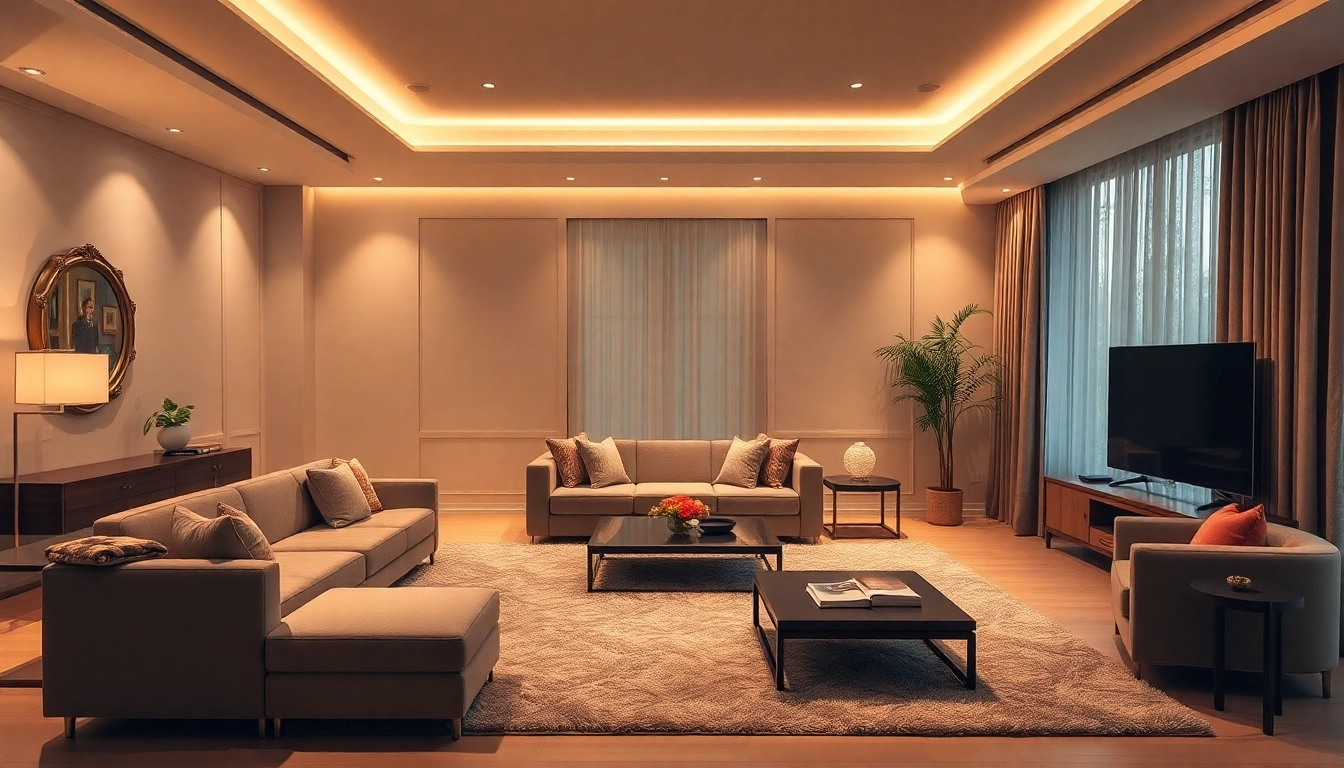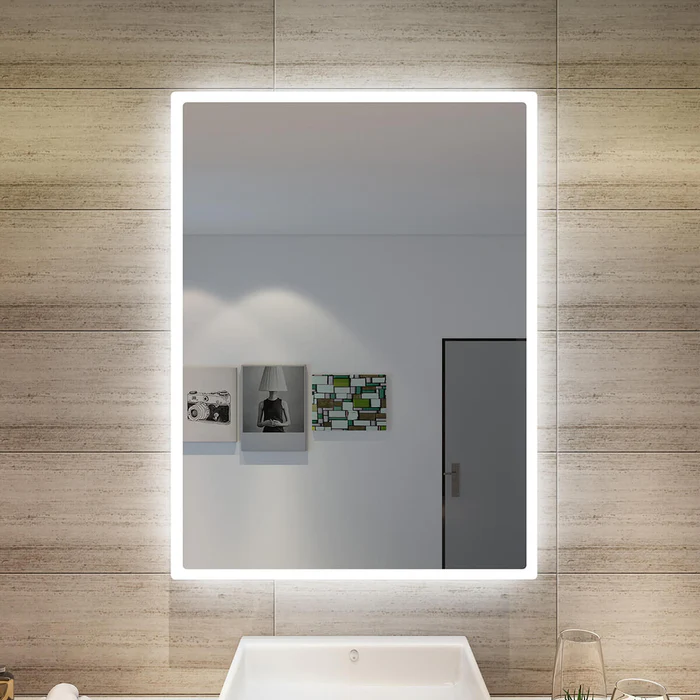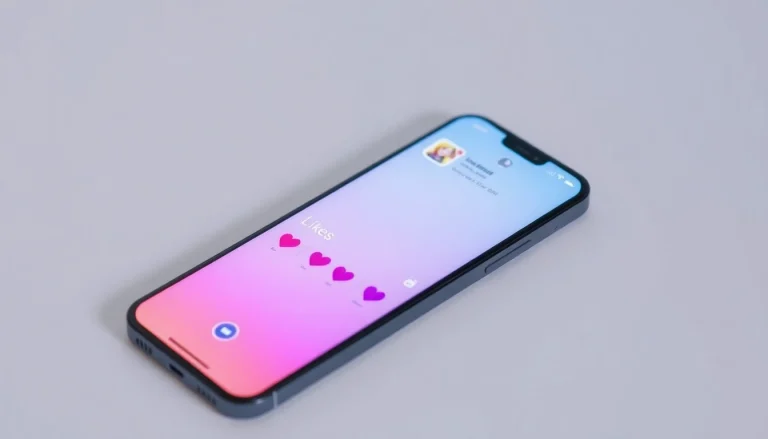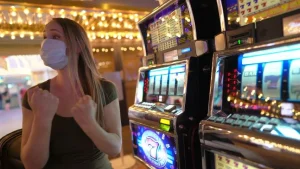Understanding Luxury: A Comprehensive Overview
In the modern world, the concept of luxury transcends mere possessions. It encapsulates a lifestyle and an experience marked by exclusivity, quality, and status. This article delves into the multifaceted nature of luxury, examining its definition, evolution, economic implications, and psychological underpinnings. As consumers increasingly seek out luxury in all facets of life—from fashion and automobiles to travel and dining—the understanding of what luxury truly means becomes paramount.
The Concept of Luxury in Modern Society
Luxury is often seen as synonymous with wealth and opulence, but at a deeper level, it signifies a form of comfort and pleasure that goes beyond necessity. The Cambridge Dictionary defines luxury as “great comfort, especially as provided by expensive and beautiful things,” suggesting that luxury is not merely about high prices but also about the quality of life and well-being it represents. In contemporary society, luxury is characterized by a desire for authenticity, unique experiences, and heightened emotional engagement, pushing brands and consumers to rethink their approach to luxury consumption.
Historical Perspective: The Evolution of Luxury Goods
The concept of luxury dates back thousands of years, from the lavish lifestyles of ancient civilizations such as the Egyptians and Romans, who used luxury as a display of status and power, to the artisanal goods of the Renaissance period. Historically, luxury goods were exclusive to the elite, serving as symbols of wealth and social standing. As societies evolved, the democratization of luxury began—a shift that allowed broader access to luxury experiences and products, driven by advances in manufacturing and changes in consumer culture. Today, while luxury goods like haute couture fashion and bespoke services still cater to a high-end market, the definition of luxury has expanded to include lifestyle aspects that promote well-being and personal satisfaction.
The Economic Impact of Luxury Markets
The luxury market plays a significant role in global economies, driving substantial revenue and employment in various sectors from fashion and beauty to travel and hospitality. As defined in economics, luxury goods are those for which demand increases more than proportionally as income rises; thus, their market performance can indicate broader economic trends. In recent years, the luxury goods market has experienced robust growth, with forecasts predicting continued expansion driven by demand in emerging markets and a rise in affluent consumers globally. This expansion influences not only luxury brands but also associated industries such as marketing, logistics, and retail.
Luxury Goods: Defining Characteristics and Market Trends
Identifying True Luxury Items
True luxury items are characterized by exceptional quality, craftsmanship, and uniqueness. These goods are typically handmade or produced in limited quantities, using the finest materials, which contributes to their perceived value. Examples of true luxury items include bespoke clothing, fine jewelry, gourmet foods, and rare collectibles. The concept of “luxury” also incorporates the experience associated with the purchase, emphasizing customer service, brand heritage, and the story behind the product, which together enhance the desirability of the item.
Luxury Brands: What Sets Them Apart?
Luxury brands differentiate themselves through a combination of heritage, innovation, and marketing prowess. Iconic brands such as Chanel, Louis Vuitton, and Rolex leverage their storied pasts while embracing modern trends and technologies to stay relevant. A critical aspect of luxury branding is exclusivity; luxury brands often limit the availability of their products to maintain the allure of scarcity. Moreover, the strength of a luxury brand rests on its ability to create an emotional connection with consumers, manifesting through brand loyalty and aspirational marketing tactics that convey a lifestyle rather than just a product.
Current Trends in Luxury Purchases
Recent trends in luxury purchases reflect a significant shift in consumer behavior. Digital transformation has revolutionized the luxury landscape, with e-commerce becoming an essential channel for high-end brands. Social media also plays a pivotal role, influencing purchasing decisions and shaping brand perceptions among younger consumers who are increasingly integrated into the luxury market. Sustainability has emerged as a vital consideration, with brands responding to consumer demands for responsible sourcing and ethical production practices. Personalized offerings and experiences that cater to individual preferences are now at the forefront, reflecting the evolving nature of luxury.
The Psychology of Luxury Consumption
Why We Desire Luxury: Motivations Behind Luxury Spending
Understanding the psychological motivations behind luxury consumption reveals various factors. Consumers often seek luxury goods as a means of self-expression, signaling personal success and social status. Psychological research indicates that luxury purchases can fulfill deeper emotional needs, such as the desire for belonging, validity, and recognition. Additionally, luxury items often evoke a sense of pleasure and gratification, enhancing one’s self-esteem. As consumers navigate their identities, luxury goods serve as tools for expressing individuality and aspirations.
The Role of Branding in Luxury
Branding is crucial in the realm of luxury, where the brand’s identity shapes consumer perceptions and buying behaviors. Luxury brands invest significantly in their image, utilizing storytelling, heritage, and exclusivity to create a strong brand narrative. The emotional connection forged through branding cultivates brand loyalty, encouraging consumers not only to purchase but to advocate for the brand publicly. Beyond traditional marketing efforts, luxury brands also leverage influencer partnerships and digital storytelling to engage younger, tech-savvy audiences, thereby expanding their reach and relevance in today’s market.
Consumer Behavior Patterns: Who Buys Luxury?
The demographic landscape of luxury consumers is evolving. Traditionally associated with older, affluent individuals, today’s luxury consumers span multiple generations, including millennials and Generation Z. These younger consumers seek experiences over possessions, valuing the stories behind products and marketing messages rooted in authenticity and sustainability. Studies show that digital natives are heavily influenced by social media and peer recommendations, emphasizing the importance of online presence for luxury brands. Understanding these behaviors and preferences allows brands to forge better connections with their clientele and adapt marketing strategies accordingly.
Luxury Lifestyle: Beyond Products
Experiential Luxury: Travel and Dining
Experiential luxury focuses on creating memorable moments rather than merely selling products. This trend has gained significant traction in the travel and dining sectors, where consumers seek unique experiences that embody luxury. Exclusive travels—such as private yacht charters, luxury safari retreats, and gourmet experiences—allow consumers to indulge in the lavish lifestyle that luxury represents. High-end restaurants leverage this trend by offering personalized dining experiences, featuring chef’s tables and curated tasting menus that promise not just a meal, but an unforgettable culinary journey.
Luxury Home Décor: Creating a Luxurious Environment
Luxury is not confined to consumer goods; it permeates home design and décor as well. The notion of luxury living emphasizes creating serene, aesthetically pleasing environments filled with high-quality materials and artisanal craftsmanship. Interiors adorned with custom furniture, luxury textiles, and unique art pieces offer homeowners a sense of personal expression. As comfort increasingly intertwines with design, luxury home décor trends also reflect sustainability, favoring eco-friendly materials and ethical sourcing that resonate with a conscientious consumer base.
The Future of Luxury Living Trends
Looking ahead, the luxury market will likely evolve in response to changing consumer values and technological advancements. Emerging trends indicate that sustainability and innovation will shape future luxury experiences. Concepts such as smart homes, personalized wellness retreats, and immersive travel experiences will redefine luxury as consumers seek holistic and meaningful engagements. Brands that adapt to these changes and successfully integrate modern values into their offerings will remain at the forefront of the luxury market.
Evaluating Luxury: Quality vs. Price
Assessing Value Beyond Cost
In the realm of luxury, the relationship between quality and price is often complex. While high prices are typically associated with luxury goods, true value lies in the craftsmanship, materials, and brand heritage. Consumers must assess the intangible benefits offered by luxury products, such as exclusivity, prestige, and emotional satisfaction. The challenge is to discern whether a product’s price reflects genuine luxury or is simply a markup based on branding. Evaluating luxury requires a thorough understanding of the brand’s ethos, the quality metrics, and personal values surrounding consumption.
Luxury Purchases: Investment Perspective
Many consumers view luxury purchases as investments, examining potential appreciation in value over time. Luxury goods such as fine art, haute couture, and rare watches are examples of items that often retain or even increase in value, influencing buying decisions among affluent consumers. However, investment in luxury should not solely focus on monetary gains. The personal value derived from unique experiences and sentiment—such as collecting art or heirloom items—can overshadow any financial considerations, reinforcing the multifaceted nature of luxury as both an investment and a personal passion.
Best Practices for Investing in Luxury
Successful investing in luxury items requires meticulous research and informed decision-making. Consumers should assess the brand’s long-term viability, market trends, and historical performance of particular luxury categories. Engaging with experts, attending exclusive showcases, and participating in auctions can enrich one’s understanding and appreciation of luxury investments. Furthermore, nurturing a personal connection with the items collected ensures a fulfilling experience, underscoring the notion that luxury is not solely about ownership but also rich narratives and cherished memories.







